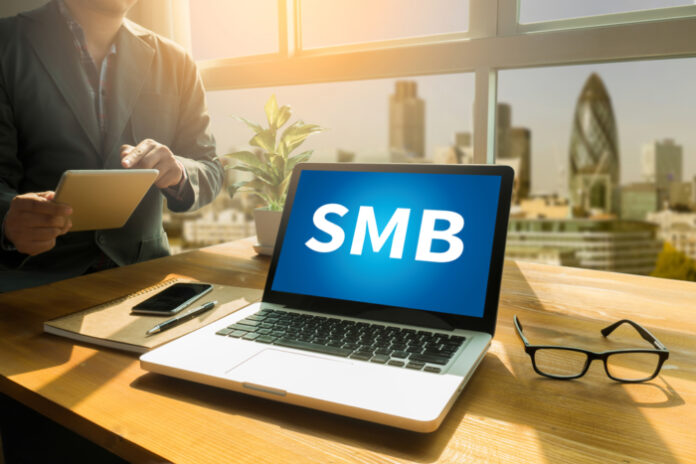Before tax season is usually the perfect time to share some tips to getting your small business ready. Preparing for and filing taxes might not be at the top of every small business owner’s list, especially when one has many other pressing concerns. However, as an SMB (small and medium-sized business), you have unique challenges as a company not structured as a corporation.
Small businesses have their own set of tax implications. As such, you must ensure you are taking care of all the necessary items to file your taxes this year. Continue reading for helpful tips on how to get ready with filing taxes as an SMB.
1. Get Your Paperwork in Order
The first step is to get your paperwork in order. Keep all receipts and invoices for tax purposes. Also, keep bills from vendors and other creditors. Use a filing system to organize everything. In this way, you can easily find what you need when it is time for filing taxes. You can also set up an online calendar where you can track deadlines, so there are no surprises down the road!
2. Understand Your Obligations
Before you can calculate what you owe in taxes, you first need to know how much income is coming into your business each year. You can use online tax estimate tools to see if there are any deductions or credits available that can help reduce the amount of money you owe the state each year.
One of the most important aspects of running a business is tax management. You cannot operate a business without paying taxes. Moreover, you cannot pay taxes without having enough money to pay them. The best way to ensure that your company has enough cash on hand for taxes is through PAYG withholding.
What is PAYG withholding? PAYG (or Pay As You Go) withholding is the Australian Tax Office’s way of ensuring you pay your tax on time. It applies to all payments made to employees and contractors, including salary, wages, commissions, and bonuses.

3. Hire an Accountant
If you think you can handle filing taxes on your own, then perhaps you would like to reconsider. While there are plenty of tax software options, they usually have steep learning curves and are not designed for small businesses. Sometimes even with spreadsheets or accounting software, it is still challenging to keep up with all the various changes that come along every year. That is where an experienced accountant comes in handy.
One major mistake many small business owners make is not hiring an accountant. If you do not know what your taxes will cost, you will not know how much income you will need to keep your business running. An accountant will help with this process by ensuring all your expenses are covered and your income reported correctly.
4. Manage Payroll
Managing a business’s payroll is a lot like managing other company operations. It requires accurate record keeping and diligent, consistent follow-through on all of the details that go into paying your employees.
To make sure your staff is set up correctly, start with a team member ID number for each team member. This will ensure that you can easily track their pay stubs and other documents.
Next, it is essential to ensure all employees are paid appropriately. If your employees are not paid on time or as much as they should be, this can lead them into tax trouble down the road! Ensure all payments have been made correctly before finalizing any of these plans so that no errors happen later (like when filing taxes).
5. Track Everything
You cannot completely control how much revenue and profit your small business generates each year, but you can ensure accuracy when filing taxes each year. The more accurately you track what goes into your business’s bottom line, the easier it will be for you to predict how much tax you will owe at the end of the year. Remember that if there are discrepancies between what is coming in and going out, such as cash flow, it can imply that something is not right with your company’s finances or operations.
6. Automate Your Recordingkeeping
If you are like most small-business owners, you already have a lot on your plate. However, one essential thing many overlook is software that can help them manage their finances, taxes, and other tasks more efficiently.
The best tax-preparation software will make it easier for you to file your taxes. You can also use it to keep track of your records so you do not have to spend time searching through heaps of paper or folders to find what you need. If you think about it, this is a perfect use case for automation!
If you do not have a working system in place, start by creating a spreadsheet or database where you can track all of your business expenses. Then use that as a framework for filing each quarterly tax return. Once you set up your system, it is easier to keep track of everything and ensure you are on top of things when tax season rolls around.
Conclusion
These tips will make you more prepared when it comes to filing taxes. You can always go back and review them, so do not be afraid of investing the time now to get more out of your business!
Find a Home-Based Business to Start-Up >>> Hundreds of Business Listings.














































